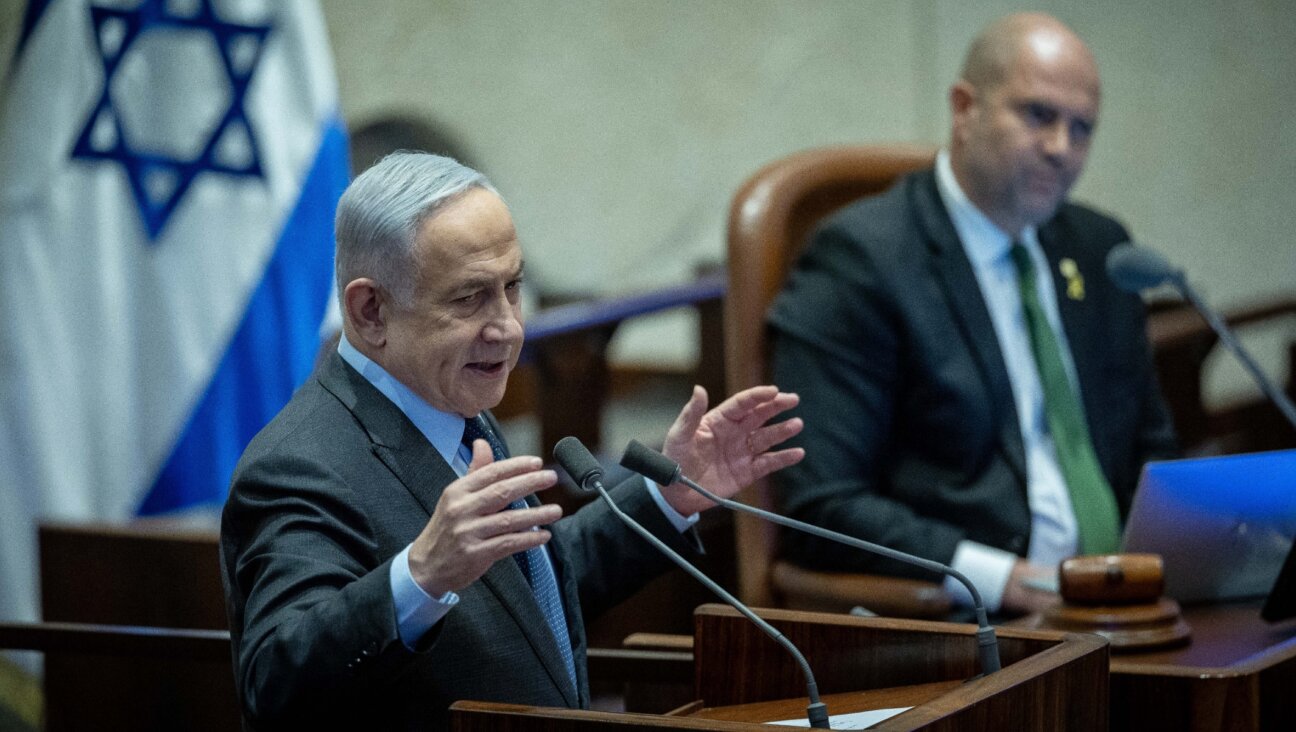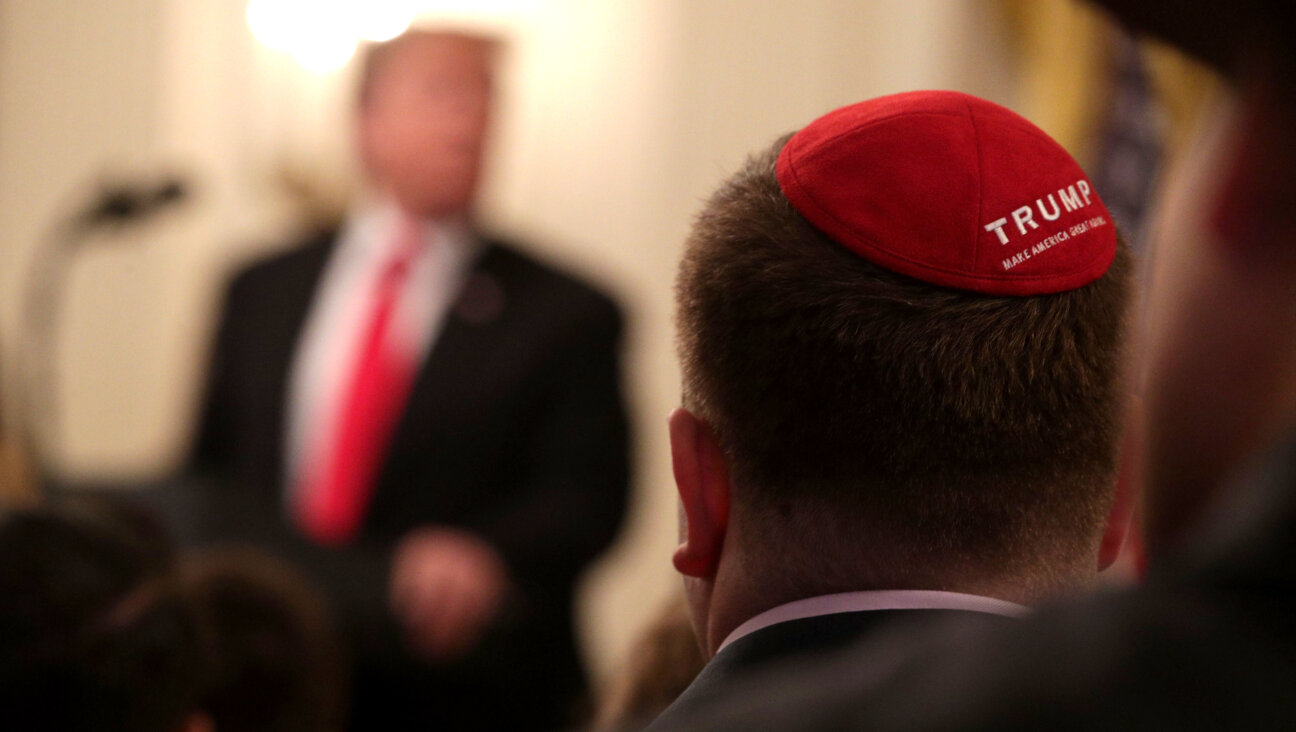Netanyahu Calls Iran Nuclear Deal ‘Bad and Dangerous’ for Israel and World Peace

Bad and Dangerous: Wold leaders gathered in Geneva to discuss Iran?s nuclear state. Netanyahu called the results of the talks ?bad and dangerous? both for Israel and world peace. Image by getty images
Israeli Prime Minister Benjamin Netanyahu called the deal on the table between the world powers and Iran “bad and dangerous.”
“It is dangerous not just for us, it is also dangerous for them (the world powers). It is dangerous for world peace because it lowers the pressure of sanctions that took years to build while on the other hand, Iran, in practice, retains its nuclear enrichment capability as well as the ability to advance along the plutonium track,” Netanyahu said Sunday at the start of the Cabinet meeting.
Netanyahu’s warning came hours after the announcement in Geneva that a final bargaining session that started late Saturday night and stretched into early Sunday morning failed to produce a deal. The sides announced that negotiations will continue in 10 days, citing the need to overcome differences.
Iran is negotiating with the P5+1 world powers, which refers to the five permanent members of the U.N. Security Council — Russia, China, the United States, France and Britain — plus Germany, who are negotiating with Iran to end its suspected nuclear weapons program.
France objected to the deal, saying it would not slow Iran’s nuclear enrichment.
Under the proposed deal, Iran would freeze its nuclear program for six months and in exchange receive some easing of international sanctions, while continuing to negotiate a long-term agreement.
Netanyahu has called on Iran to close the Arak heavy-water nuclear reactor capable of enriching uranium to weapons grade, and give up all enrichment of uranium, not just the 20 percent enrichment that is an issue in the negotiations.
A delegation of U.S. officials led by Wendy Sherman, the U.S. undersecretary for political affairs, who is Jewish, who heads the U.S. negotiating team on the matter, is scheduled to visit Jerusalem on Sunday to update Netanyahu and his Cabinet on the talks, Haaretz reported.
Netanyahu reported spoke over the weekend with U.S. President Barack Obama; Russian President Vladimir Putin; British Prime Minister David Cameron; and German Chancellor Angela Merkel, as well as French President Francois Hollande, whose country opposed the deal, and asked them not to sign the deal with Iran.
The proposed deal and the United States’ handling of it have reportedly soured the relationship between Netanyahu and Kerry, according to Israeli media.
“I want to caution everyone from jumping to conclusions or believing premature reports or prejudging outcomes or, particularly, believing either rumors or other little parcels of information that somebody portends to know or that leak out. The fact is that the negotiations are actually taking place enormously privately,” Kerry said in Geneva shortly after the talks ended.
“I would emphasize also that the window for diplomacy does not stay open indefinitely, and we will continue working to find a peaceful solution because we believe that forceful diplomacy is a powerful enough weapon to be able to actually defuse the world’s most threatening weapons of mass destruction,” Kerry also said.
A message from our Publisher & CEO Rachel Fishman Feddersen

I hope you appreciated this article. Before you go, I’d like to ask you to please support the Forward’s award-winning, nonprofit journalism so that we can be prepared for whatever news 2025 brings.
At a time when other newsrooms are closing or cutting back, the Forward has removed its paywall and invested additional resources to report on the ground from Israel and around the U.S. on the impact of the war, rising antisemitism and polarized discourse.
Readers like you make it all possible. Support our work by becoming a Forward Member and connect with our journalism and your community.
— Rachel Fishman Feddersen, Publisher and CEO























